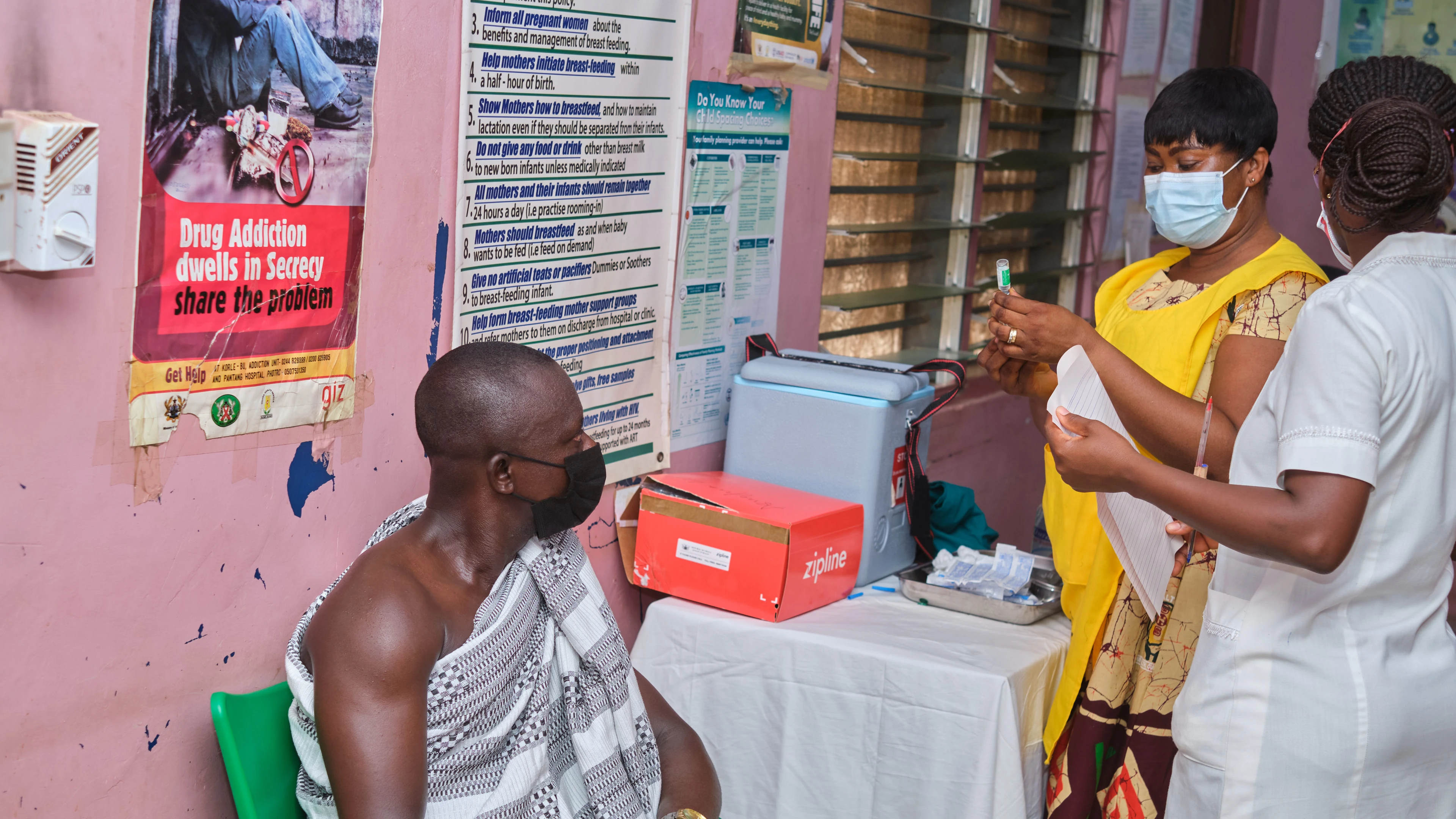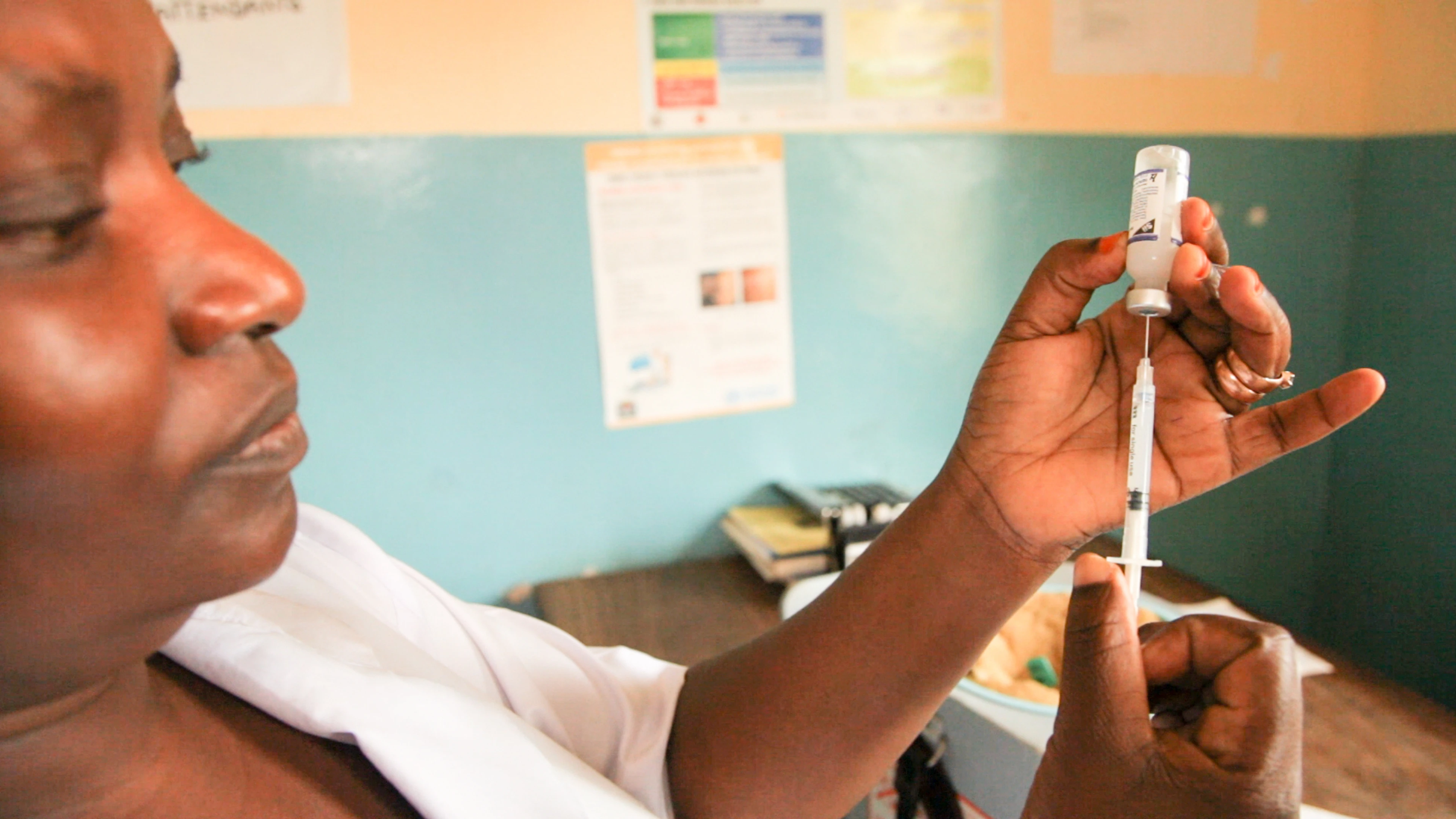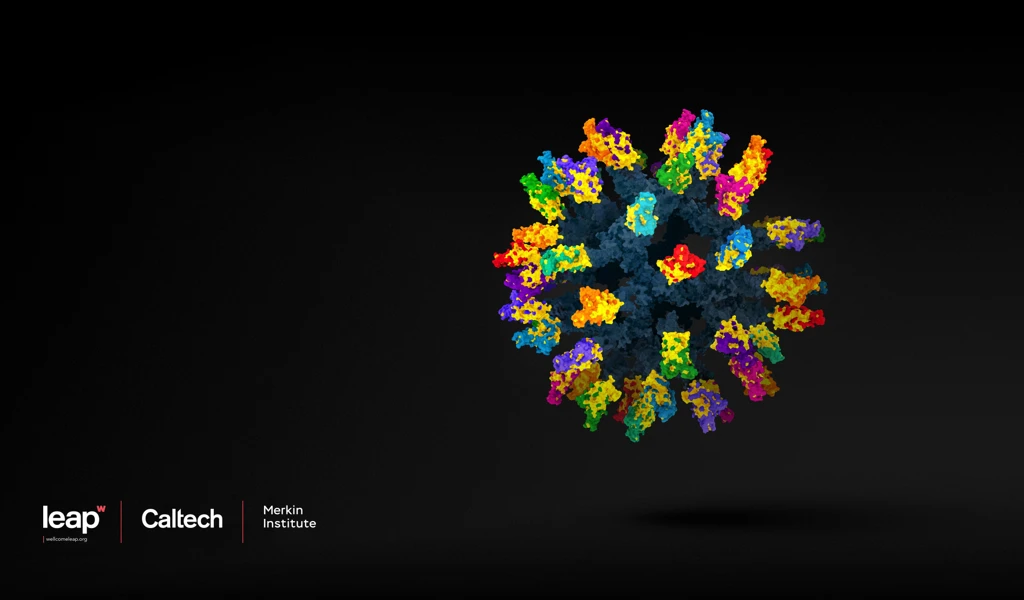Independent External Review of CEPI's COVID-19 Vaccine Development Agreements Published

Co-authors: Dr Richard Hatchett, CEO, CEPI & Emma Wheatley, Director, Access and Private Partnerships, CEPI
Equitable access is at the heart of CEPI's mission, and this goal has driven all of our work during the COVID-19 pandemic. Since the virus emerged, we have taken action wherever our resources could help to enable access to vaccines. Direct investment in R&D for a broad portfolio of vaccine candidates has been central to this ambition, but CEPI has also supported the development of enabling science and shared data that have benefited all vaccine candidates, facilitated manufacturing to increase supplies, and funded clinical trials to fill data gaps that could expand access to additional populations. And of course, CEPI has played a pivotal role in establishing and co-leading COVAX, the global initiative established to deliver equitable access to COVID-19 vaccines. CEPI-supported vaccine developers have agreements in place to cumulatively supply around 3 billion doses of vaccine to COVAX if required, although global demand for vaccine is now ebbing.
Despite the efforts of CEPI, our COVAX partners, and many other governments and agencies, the global inequity in vaccine distribution remains stark. Seventeen months after the first doses of vaccine were deployed, only about 16% of people living in low-income countries have received at least one dose, compared to 65% of the world's population as a whole. Even though supplies of vaccines for LMICs have ramped up in recent months, this situation remains wholly unacceptable in human, epidemiological, and economic terms. It is therefore incumbent upon all of those involved in responding to COVID-19 to reflect upon the roles we have played so far so we can identify areas of improvement that can help hasten the end of this pandemic and leave the world better prepared for the emergence of the next ‘Disease X' — an emerging pathogen with epidemic or pandemic potential.
Following advice from the CEPI Board's Equitable Access Committee (EAC), which provides the Secretariat with strategic guidance on access, CEPI commissioned an independent external review of how equitable access has been achieved through our COVID-19 vaccine development agreements.
The review was carried out by the University of Georgetown's O'Neill Institute for National & Global Health Law and aimed to generate learnings about how CEPI performed against its mission on equitable access; and how these learnings can contribute to enhancing CEPI's agreements in future. We are publishing the review's final report today so that our stakeholders, investors and partners can review the findings and recommendations.
Read the full report here.

A health care worker prepares the COVAX COVID-19 vaccine before she vaccinates people, UNICEF, UN0428091, Yeslam
CEPI's strong commitment to equitable access in a complex environment
The report commends CEPI's strong commitment to equitable access — which we know is a driving motivation for every member of the CEPI team - and recognizes the complex and competitive environment within which CEPI's vaccine development agreements have been implemented. The authors acknowledge the importance of the "focused and efficient" governance relationship between CEPI management and the Board's EAC in contributing to our commitment to access, and praise CEPI's leadership in COVAX and our role in facilitating access to COVID-19 vaccines, including the Oxford/AstraZeneca vaccine, as visible and measurable successes.
The report notes that from an access perspective CEPI's most successful COVID-19 agreements were with smaller companies and universities, where the equitable access terms negotiated were more favourable, and it also reflects upon our CEPI 2.0 work to prepare for ‘Disease X'. It recognizes that competition for ‘Disease X' platforms will be fierce, and that CEPI will need to actively participate in the wider biomedical innovation ecosystem to enable access to such platforms. The importance of CEPI establishing a clear role for itself in the emerging global health architecture is also noted, which is something we are working hard to achieve. We know that CEPI alone cannot ensure equitable access: In addition to necessary funding and political will, the access commitments in CEPI's agreements must be leveraged by, and coordinated with, down-stream partners responsible for licensure, procurement, distribution, allocation, deployment and administration. That is why the ‘Connect' strategic objective of our CEPI 2.0 plan — which focuses on collaborating with others to achieve our mission — is at the very heart of how CEPI will operate in future.
CEPI's approach to equitable access will continue to evolve
The report also makes recommendations in relation to CEPI's governance and access agreements, which we have discussed with the EAC. CEPI is a young organization, and we are striving to improve as we mature, including through continual dialogue with our investors, partners, civil society and industry. As we embark upon our CEPI 2.0 journey we are seeking to strengthen and broaden our work to enable equitable access and will use the recommendations in this report, as well as the lessons we have learned, to guide our actions. The actions we are currently planning to undertake to address specific recommendations in the report include the following:
Governance recommendations
1. Consider adding a representative from a Civil Society Organization and/or another representative from an LMIC to the Equitable Access Committee
We fully recognize the value that a diverse Board reflecting a wide range of perspectives brings to CEPI's strategic leadership and our ambition is to ensure our Board is able to provide expertise across all areas of CEPI's mission as well as create balanced global representation. Experience of working in LMICs and understanding the concerns of civil society are critical competencies for the Board, and priority areas for CEPI's Board composition and future nominations.
This approach means that nominations to CEPI's Board are based on competency, rather than a constituency, basis. At present, of the eight independent Board members, four are from LMICs including the Vice Chair of the Board. Three of the five members of the Equitable Access Committee, including the Chair, are from LMICs. CEPI will shortly announce its new Board members, and these will assume committee assignments as part of their Board duties, and we hope to make progress on this recommendation as part of that process.
2. Designation of an 'Open Access Officer'
CEPI will designate an Open Access Officer who will maintain a library of CEPI-funded publications, and monitor compliance with open access, publication and dissemination commitments made by awardees.
3. Clarifications as to the scope of the Equitable Access Policy
CEPI's Equitable Access policy is principle-based, to allow flexibility and agility, and we are committed to continuing to evolve and adapt the way that the policy is implemented. Preserving CEPI's flexibility is imperative given the need for adaptive and swift responses during an outbreak, as demonstrated with COVID-19.
CEPI implements the policy through negotiated terms in partnership agreements. Specific contractual provisions are negotiated on a case-by-case basis and are therefore unique to the situation, context, and relative leverage of the negotiating parties. The policy and its implementation are frequently discussed at the Equitable Access Committee, and Committee members have access to CEPI's agreements so they can ensure the policy is being adhered to.

Vaccine vials, Shutterstock
Agreement recommendations
1. More frequent discussion of equitable access at the Joint Management Advisory Group (JMAG) and a specified individual to do so
A nominated CEPI Access Lead will join each JMAG, specifically charged with addressing equitable access in JMAG meetings. Equitable access status, planning and execution will be a standing agenda item at each JMAG meeting.
2. Hold a specific meeting with CEPI staff, the EAC, and the CEO to assess the Step 1 - Step 2 structure
An internal review of the Step 1- Step 2 structure to COVID-19 agreements is underway, and a meeting is planned to evaluate this approach to contracting, especially in the context of public health emergencies where speed in establishing agreements to develop new vaccines may be critical.
3. Preserve CEPI as a price-negotiating party
It is now CEPI standard practice to do this for new funding agreements. When negotiating agreements, we pursue specific principle-based price commitments e.g. by way of a formula based on Cost of Goods (COGs) with the right to audit costs; or a price cap on tiered pricing.
4. Review dispute resolution provisions for adherence to CEPI interests
Our preference will always be to include dispute resolution provisions that favour CEPI's interests in our agreements. However, these will always need to be a matter for negotiation, because many organizations are constrained - in some cases by law - with regards to the dispute resolution provisions they can agree to.
5. Comprehensively assess CEPI's role vis-à-vis international partners and within the biomedical innovation system
The COVID-19 pandemic has thrown into sharp focus the need for the global system to work in a much more complementary manner, both in preparing for and responding to future health threats. CEPI has a critical role to play in this, but we cannot deliver on our goals of reducing or even eliminating the threat of future pandemics alone.
Under our CEPI 2.0 plans, ‘Connect to enhance and expand global collaboration' is one of three strategic priorities, which demonstrates the importance we place on CEPI's partnerships as critical enablers of our work. CEPI operates within a complex and rapidly evolving network of partners so the Connect strategic objective is at the heart of how CEPI will operate in future — focusing on collaboration with others to achieve our mission, focusing on the right opportunities, developing state-of-the-art products, and delivering these into a well-functioning ecosystem.
6. Plan for the competitiveness of 'Disease X' platform technologies
We are keenly aware of the fierce competition for Disease X platform technologies, and the need to address access in a different way to vaccines in our COVID-19 or core portfolios. We are carefully planning our approach to contracting now, but CEPI's investment alone will not be enough to ensure equitable access to these technologies: It is absolutely critical that ‘Disease X' tools supported by CEPI are delivered into a pandemic preparedness and response system that is built on the foundation of equitable access and fair treatment of all stakeholders, and CEPI is tirelessly advocating for such a system
7. Adapt the CEPI Equitable Access Dashboard into a checklist for use by the EAC and CEPI staff and pair it with a matrix showing value added across CEPI's portfolio
The recently-developed Equitable Access Dashboard serves as valuable guidance for those negotiating equitable access terms and commitments with awardees. CEPI's funding agreements are all unique to the project, pathogen and context so the Dashboard provides a range of options or elements to pursue and doesn't mandate a ‘one size fits all' approach to contracting, which experience has demonstrated will not work. The Dashboard will be used as a key tool for CEPI management and the EAC when tracking and monitoring awardees' equitable access plans from now on.
8. Review representation of LMIC scientists and representatives in CEPI decision-making processes
A key ambition for CEPI 2.0 is to strengthen our engagement with LMICs, including through our R&D collaborations, strategic partnerships and operational activities. CEPI's employees come from over 40 different countries, and around 25% of CEPI staff come from an LMIC, and we are committed to further diversifying the organization's workforce and governance. In addition to continuing to ensure LMIC representation on the Board, we have recently undertaken a governance review which has identified opportunities to increase the breadth of technical and LMIC input into CEPI's decision making by expanding external membership of key groups and committees.
Read more:
Equitable Access Review of CEPI's COVID-19 Vaccine Development Agreements


